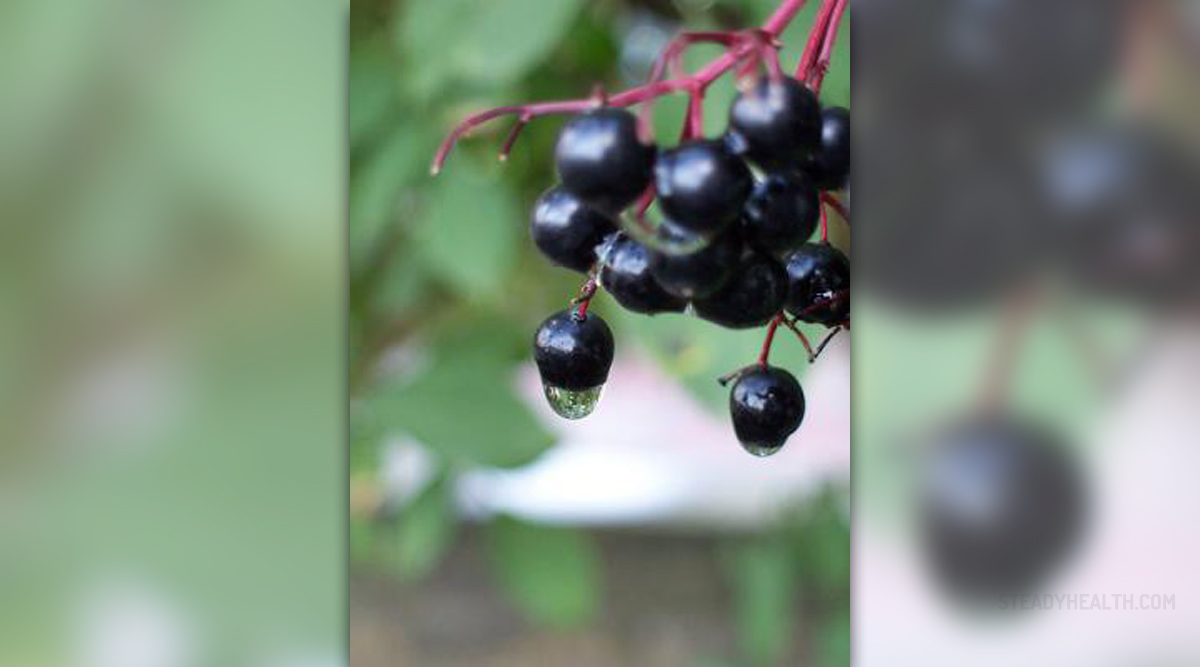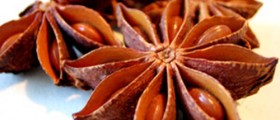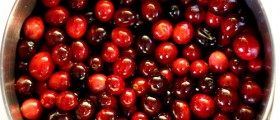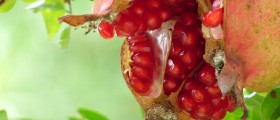
Elderberry
The latin name of elderberry is Sambucis nigra, and it belongs to the Sambucus family, which typically consists of small trees and shrubs. This plant grows everywhere in both Northern and Southern America, in Europe and in Northern Africa. It has white, fragrant flowers and small, dark purple or black berries that have been used traditionally for various medical purposes. It is also known by the names “European elder” or “black elder”.
Elderberry benefits
This berry is most famous for its ability to treat flu, especially influenza B. One study, performed in 2004 with flu patients, has shown that elderberry juice and extract have effect on alleviating the flu symptoms.
This is probably due to the fact that elderberries contain flavonoids, which have great antioxidant properties and strengthen the immune system, making it more able to fight viruses and bacteria. In addition, elderberries contain anthocyanin, a compound that has the ability to reduce inflammation. This is why elderberries, in form of juice or extract, can relieve flu symptoms like fever and muscle ache.
Elderberries are also rich in vitamins A, C, vitamins of the B complex, amino acids, tannin, rutin and carotenoids. They not only boost the immune system, but are also thought to be highly beneficial against common cold, yeast infections, asthma, congestion of nose, throat and chest, and even diabetes.
Elderberries play a significant role in lowering the cholesterol in blood, because they prevent LDL oxidation and thus reduce the risk of cardiovascular disease like stroke and cardiac arrest.
They are also believed to improve sight, digestion and to reduce effects of stress to the body.
Precautions
Although, elderberries can be very beneficial, they should be consumed with some precautions. This is because parts of the Sambucus nigra plant, other than berries, contain glycoside. This substance, when consumed, can release cyanide in the body and cause poisoning. Also, berries must be completely ripe because if they are still green they may contain a mildly toxic substance called sambunigrin.
Elderberries can be confused with some other plants from Samubucus family that can be poisonous. Black or dark purple berries should be the only ones used for human consumption.
Excessive use of elderberries may cause diarrhea.
This plant and its berries also come in form of herbal preparations and formulas, based mostly on the elderberry juice.

















Your thoughts on this
Loading...